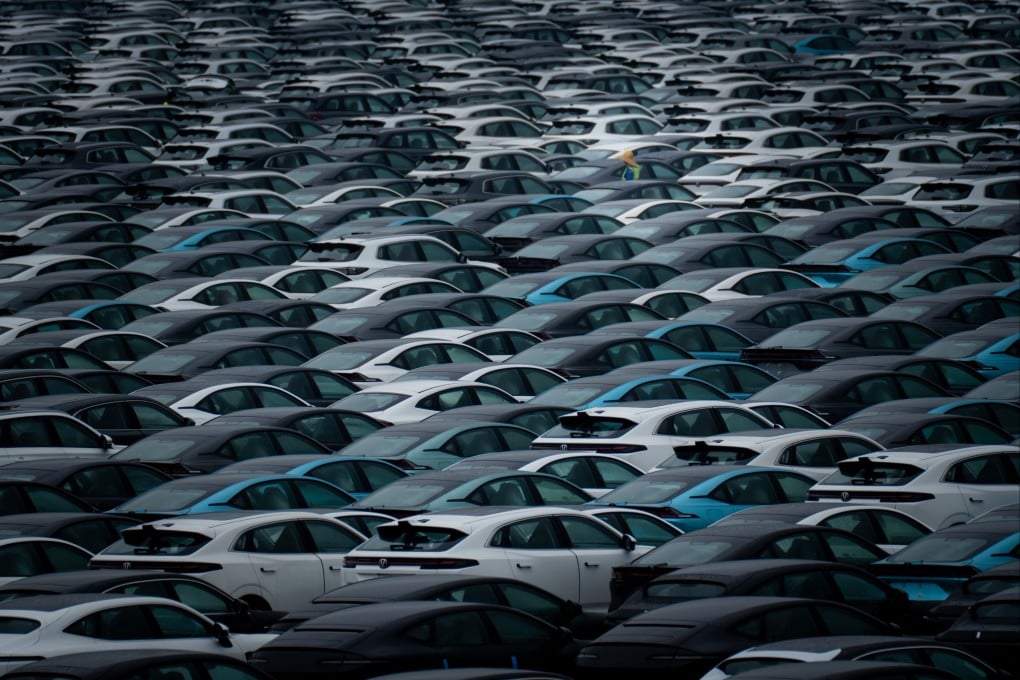Will the EU and China form a united front against Trump’s tariff offensive?
With China-EU talks on electric vehicle tariffs at a standstill, analysts ponder the likelihood of an uneasy alliance in second Trump term

As mixed signals emanate from negotiations between China and the European Union over tariffs on electric vehicles (EVs), experts said the talks and their outcome will be useful for determining the state of trade relations during the fast-approaching second term of US president-elect Donald Trump.
In a report over the weekend, German broadcaster N-TV cited remarks by the chair of the European Parliament’s trade committee saying an agreement was near. But both Bloomberg and Reuters cited sources this week saying “not much has changed” since Nov 2, when EU officials arrived in Beijing for “technical talks”.
“I am not too optimistic [on China-EU trade relations], but I am at least more optimistic than before Trump was elected,” said He Weiwen, former commercial counsellor at the Chinese consulates in New York and San Francisco.
“The objective need for each other’s markets [should] increase under Trump, as we expect a more protectionist and unilateral approach from the US in dealing with trade.”